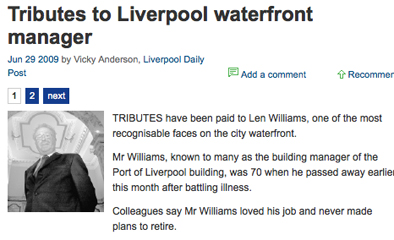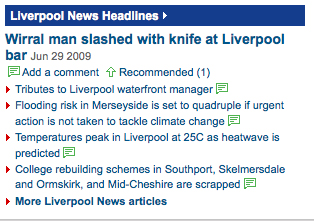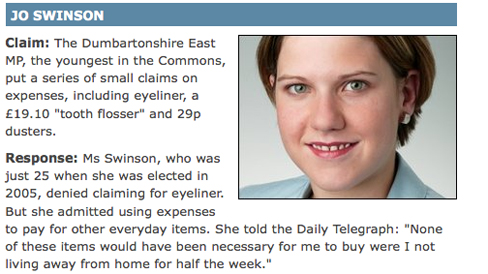Rivals currently claim to both be on track for victory in the Afghan elections, in a race watched closely by the world’s media – mainstream, citizen and social.
The Guardian, for example, reports that ‘President Karzai’s staff said he has taken a majority of votes, making a second round run-off unnecessary,’ while Abdullah’s spokesman, Sayyid Agha Hussain Fazel Sancharaki, said the former foreign minister ‘was ahead with 62 per cent of the vote,’ even though preliminary results are not yet expected.
But publicity hasn’t always been courted by the government: critics the world over were shocked by the Afghan foreign ministry’s demand for a media blackout. On Wednesday, the government ordered all journalists not to report acts of violence during its elections, as a last minute attempt to boost voter turn out.
Both the foreign and domestic media said they intended to ignore the ban. Rahimullah Samander, head of the Independent Journalist Association of Afghanistan said that they would ‘not obey this order’. “We are going to continue with our normal reporting and broadcasting of news,” he told the Associated Press.
Both domestic and foreign reporters turned out in force to cover yesterday’s election. Although the Committee to Protect Journalists (CPJ) reports that there have been reports of at least three foreign journalists and several local journalists detained and other acts of aggression towards the media, it is believed that no one was seriously injured.
As with the Iranian election protests, yesterday highlighted the pivotal role social media and citizen journalists now play within mainstream news. Here are a few examples:
- Alive in Afghanistan introduced a new system during yesterday’s elections allowing citizens to ‘report disturbances, defamation and vote tampering, or incidents where everything ‘went well’ via text message. BBC report at this link.
- The Guardian’s live updated its readers via its World Blog and reported ‘explosions’ in areas ‘where the Taliban is very strong,’ linking to a tweet by an Al Jazeera presenter. “Polling stations have opened, but according to Twitter updates, 152 of 643 polls in southern Afghanistan have stayed closed,” it reported at one point.
- Demotix, the citizen-journalism and photography agency which saw its profile rise during the Iranian election protests, was also instrumental in documenting the day’s events. Follow Afghanistan photographs and stories at this link. “We’ve had reports from Kabul, Helmand, Kandahar and most other provinces during yesterday’s election and the preceding weeks. As well as the political campaigns, our reporters covered the fierce violence including last week’s Taliban attack on a NATO convoy,” said commissioning editor Andy Heath.








